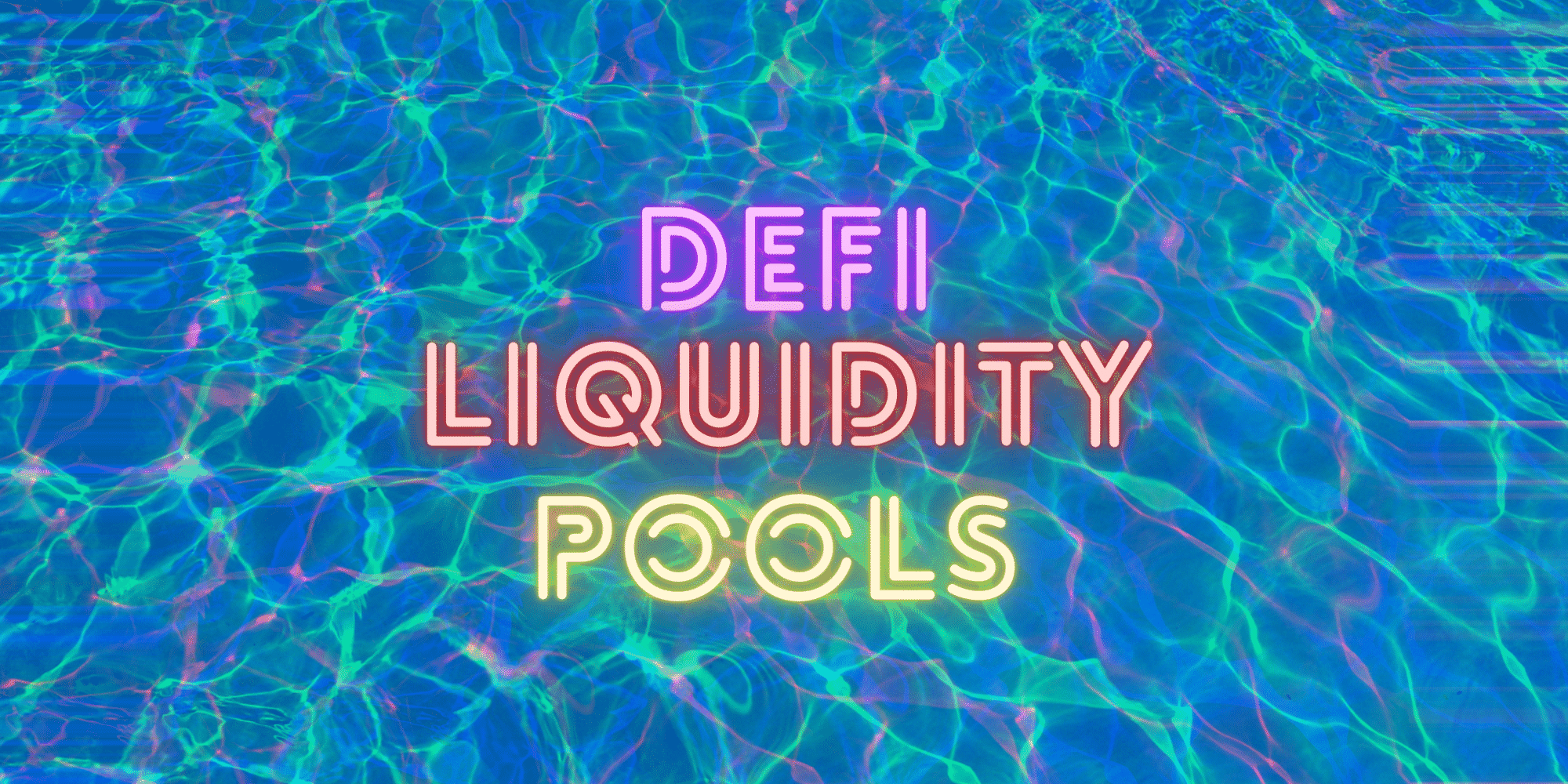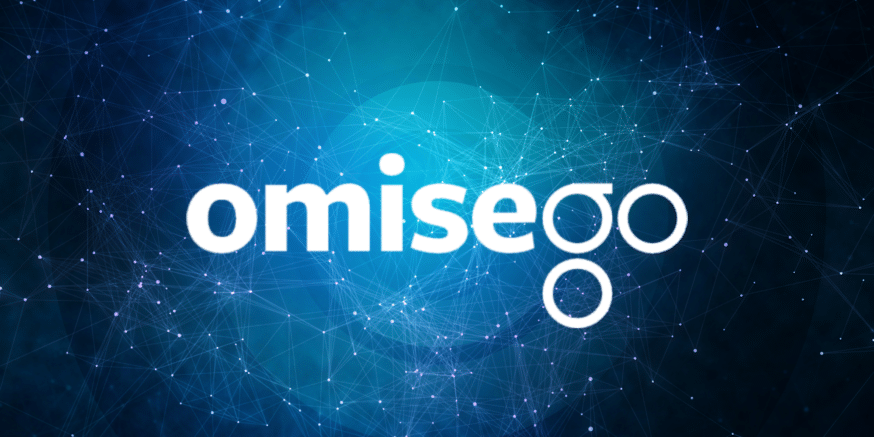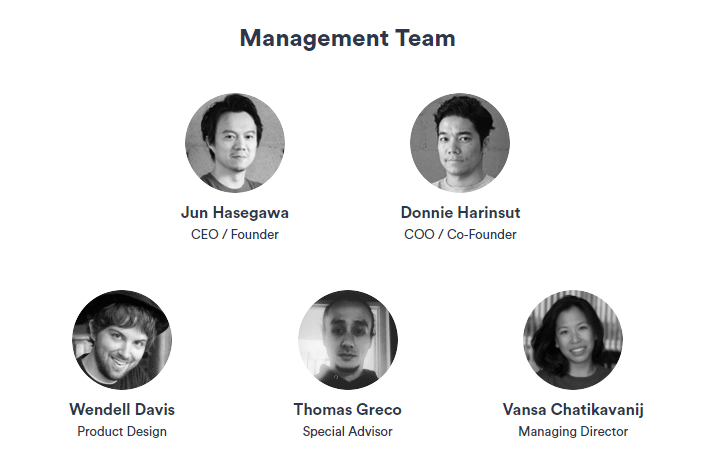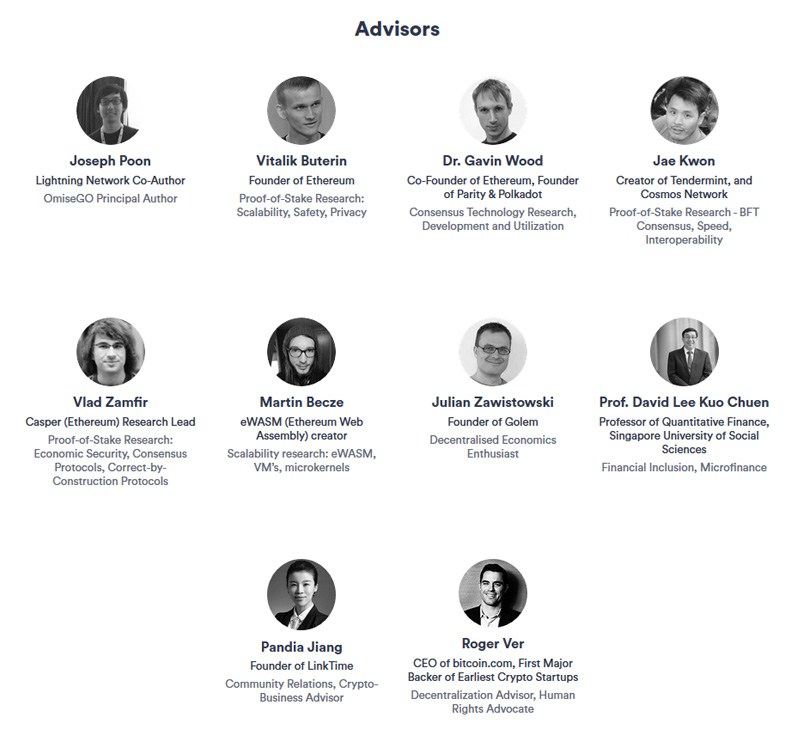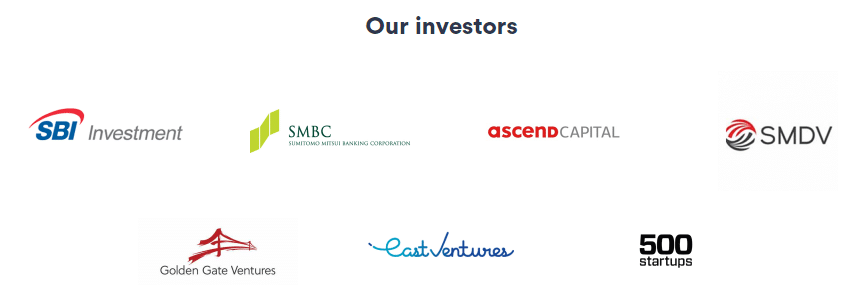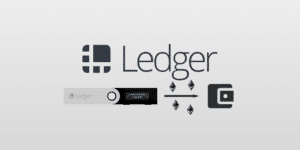OmiseGo is an Ethereum L2 launched in 2017 and founded by Omise, a venture-backed payment services company operating in Thailand, Japan, Singapore, and Indonesia.
OmiseGO (OMG) is a white-label eWallet, smart contract platform and ERC-20 token (the Ethereum code standard). OMG uses a proof-of-stake (PoS) algorithm and has a total supply of 140,245,398 with a current circulating supply of 140,245,398 OMG– yes that’s right, OMG currently has all of its hard cap in circulation, and no new tokens are planned to be issued. OMG was designed to function as a decentralized bank, exchange, and asset-backed blockchain gateway. OMG’s ultimate goal is to be a “preeminent high-value exchange and settlement platform”. Think of a decentralized Ripple + universal remittance bridge to interconnect fragmented payment processors, legacy rails, and decentralized blockchains.
This means helping the unbanked get banking services (through their open-wallet infrastructure) and facilitating unprecedented interchangeability between the many siloed legacy rails (ACH, VISA, Paypal) and decentralized blockchains (like Ethereum). This could even potentially include more obscure assets like airline miles or loyalty points.
OMG is based on ERC-20 which defines recognized smart contract code functions across the Ethereum ecosystem
The OmiseGO Team
In a November 2023 tweet, the OMG account claimed the original team has “moved on” leaving the token to be completely governed by the token holders.
$OMG token is listed on over 130 exchanges and has over 700K holders.
The original team has moved on, making it possible for OMG to become the only L2 that is 100% governed by the token holders.
— OMG (@omgnetworkhq) November 14, 2023
The original OmiseGo team was described as “Fintech Rockstars” by Forbes in a now-deleted profile.
Omise contributed $100,000 in funding to the Ethereum foundation’s DEVGRANTS which is a program to help new Ethereum-focused projects, develop the code bases and implement community evangelism. This indicates their commitment to the Ethereum ecosystem as a whole.
The original OMG Advisory board is notable, including Ethereum consensus-algorithm braniacs such as Vitalik Buterin, Gavin Wood (Polkadot), Jae Kwon (Cosmos), and more.
Final Thoughts: Is OMG Network Still Relevant?
With so many new Layer-2s storming the scene since OMG’s launch in 2017, OMG Network appears to have faded into the background music. However, it’s still a project worth keeping an eye on– its entire token issuance is currently circulating in markets, and governance is in the hands of the tokenholders.
OMG holders earn tokens for validating transactions via a Proof of Stake (PoS) model
The OMG wallet application will also hold OMG tokens, which are a critical part of confirming blocks as valid and adding them to the blockchain. Keeping X amount of OMG tokens “buys” you the right to confirm blocks.
Every transaction on the OMG blockchain will require a transaction fee, that transaction fee will be distributed among OMG holders as a “stake”. The more coins held in the wallet the more fees you will receive proportionally.
OmiseGo is the first implementation of Plasma, an Ethereum scaling solution co-developed by Joseph Poon (Lightning Network co-founder) and Vitalik Buterin
A big challenge that faces not only OMG but all digital currencies is the number of transactions the network can handle. As seen with Bitcoin congestion, this is a critical issue of today. OmiseGo hopes to solve this issue with Plasma.
Partnership with McDonald’s and the Thai Government
A partnership with McDonald’s could potentially bring any entity (regardless of their market) much more growth and usage. In this case, they’re helping McDonald’s take in money more efficiently and inexpensively.
The Thailand Finance Ministry launched a national e-payment master plan to promote electronic payments. In addition, they rolled out Omise’s FacePay technology which allows payments using facial recognition. Omise and Vitalik Buterin had a meeting with the Central Bank of Thailand which indicates interest in their work.
Strategic Alliances include investments from the Krungsri Bank of Ayudhya and SMBC
The Bank of Ayudhya made a 30 million dollar strategic investment in OmiseGO. They are a part of Japan’s largest financial group, Mitsubishi UFJ (MUFG), and hold $2.4 trillion of assets. Sumitomo Mitsui Banking Corporation (SMBC), another investor, is the second largest bank in Japan. Finally, Credit Saison, the third largest credit card company in Japan, is also partnering with OmiseGO.
The payment processing industry is siloed, fragmented and extremely centralized, creating security and counterparty risks for everyone. Omise, the creator of OmiseGo is a well-embedded payment processor in Asian markets which encompasses a massive market of users.
Omise’s early ties to the Ethereum network and decentralization with their DEVGRANT donations and close ties with developers. OMG’s Software Development Kit (SDK) bundled with Omise’s suite of financial services is a robust and powerful combination of tools. Current and future OMG blockchain developers can move faster with less friction without having to reinvent the blockchain and remittance wheel.
Finally, OmiseGo has backing from leading financial institutions and advisors like Vitalik Buterin among many other talented individuals.
Never Miss Another Opportunity! Get hand selected news & info from our Crypto Experts so you can make educated, informed decisions that directly affect your crypto profits. Subscribe to CoinCentral free newsletter now.



